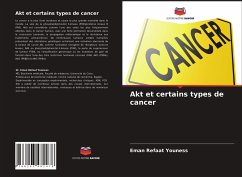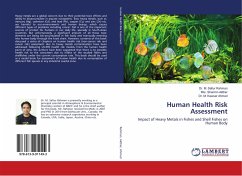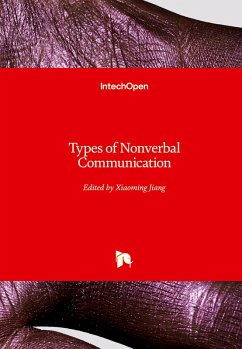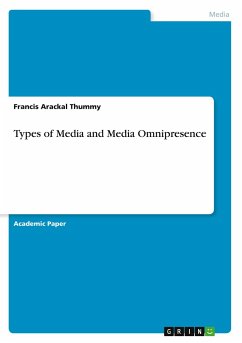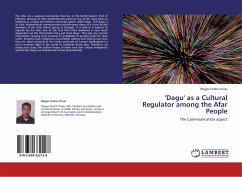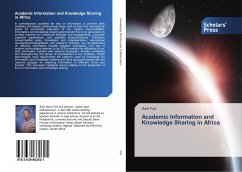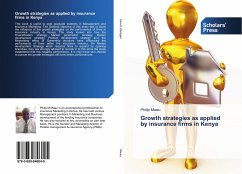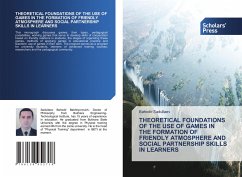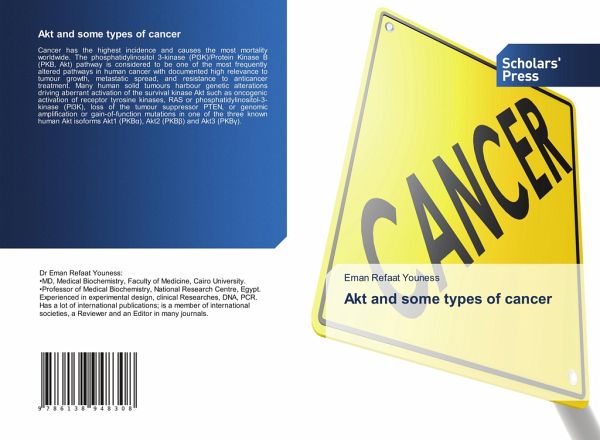
Akt and some types of cancer
Versandkostenfrei!
Versandfertig in 6-10 Tagen
30,99 €
inkl. MwSt.

PAYBACK Punkte
15 °P sammeln!
Cancer has the highest incidence and causes the most mortality worldwide. The phosphatidylinositol 3-kinase (PI3K)/Protein Kinase B (PKB, Akt) pathway is considered to be one of the most frequently altered pathways in human cancer with documented high relevance to tumour growth, metastatic spread, and resistance to anticancer treatment. Many human solid tumours harbour genetic alterations driving aberrant activation of the survival kinase Akt such as oncogenic activation of receptor tyrosine kinases, RAS or phosphatidylinositol-3-kinase (PI3K), loss of the tumour suppressor PTEN, or genomic am...
Cancer has the highest incidence and causes the most mortality worldwide. The phosphatidylinositol 3-kinase (PI3K)/Protein Kinase B (PKB, Akt) pathway is considered to be one of the most frequently altered pathways in human cancer with documented high relevance to tumour growth, metastatic spread, and resistance to anticancer treatment. Many human solid tumours harbour genetic alterations driving aberrant activation of the survival kinase Akt such as oncogenic activation of receptor tyrosine kinases, RAS or phosphatidylinositol-3-kinase (PI3K), loss of the tumour suppressor PTEN, or genomic amplification or gain-of-function mutations in one of the three known human Akt isoforms Akt1 (PKB ), Akt2 (PKBbeta) and Akt3 (PKBGamma).



